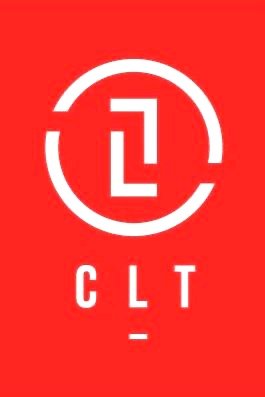In the first part of this four-part series, we addressed the broad question of, “Why Get Scrum Certified?” However, there are benefits to obtaining your CertifiedScrum Master (CSM) certification beyond just learning the rules of the game. It also allows you to answer crucial questions using the Scrum Framework.
One of these questions is “What is a product and how does it differ from a project?” Projects, as defined within the Project Management Body of Knowledge (PMBOK) by the Project Management Institute (PMI) are temporary in nature. People are given an objective, a start and end date and, once the objective is achieved, the team is disbanded and the project is considered “complete”. While this general definition works at some level, it leaves open the issue of who is responsible for the product created by the project once that project is complete. Anyone who works in developing software understands the inevitable struggle that occurs in attempting to hand-off the product from the development team to a support organization. Even if the development team is earnest in planning and executing this transition, this approach of handing off work from one team to another is risky and creates the opportunity for lower quality and decreased customer service.
The Scrum Framework addresses this risk by advocating product-focused thinking and product-focused teams. These teams focus on the entire product. This singular focus eliminates the hand-off described above. Moreover, it connects the development team to the end product and to the customer. If the team produces a poor quality product, they will be the ones that need to deal with the consequences of that poor quality, not another team who had a limited role at best in the development of the product.
A ScrumMaster has a unique role in helping organizations adopting the Framework. While the ScrumMaster serves the Team itself, he or she has a broader responsibility to advocate for change in organization as a whole. With this goal in mind, a ScrumMaster can take the following actions to help the organization transition from a project-focused to a product-focused organization:
- Ask Organizations to be honest about their current state – A ScrumMaster will help reveal the organization to itself. While this statement sounds deeply philosophical, what it is really driving at is the ScrumMaster patiently, respectfully, and courageously asking open-ended questions at all organizational levels in an effort to get the organization to be honest about how a project-based model is working for them. What do our customers say about our releases? What do our support call patterns look like? What is our turnover rate in our Support Center? Each of these questions will help drive the honesty that a ScrumMaster seeks from an organization looking to transition to a product-based model.
- Educate Teams and Executives on the Stages of Team Growth – A ScrumMaster can teach the organization how all teams progress from forming to storming, norming, and finally performing (see Tuckman model). By teaching this progression, ScrumMasters can help the organizations they serve understand that by breaking up a team at the end of each project they are setting any new teams that re-form back to the “forming” stage of team development.
- Facilitate Prioritization of the Product Portfolio – As a neutral coach to the organization, a ScrumMaster can help the organization prioritize the product portfolios that often grow rather large in project-based organizations. While it is up to leadership and the owners of the individual products to determine how the organization will prioritize its product investments, the ScrumMaster, based on his or her neutrality, can facilitate these important discussions.
In our next post, we will address another crucial question related to the ScrumMaster role – “what is a self-organizing team and how does a ScrumMaster help one?” If you are interested in learning more and becoming a Certified Scrum Master (CSM), check out our team offerings here.
Author: Collaborative Leadership Team. Learn more about our coaches and offerings here.


